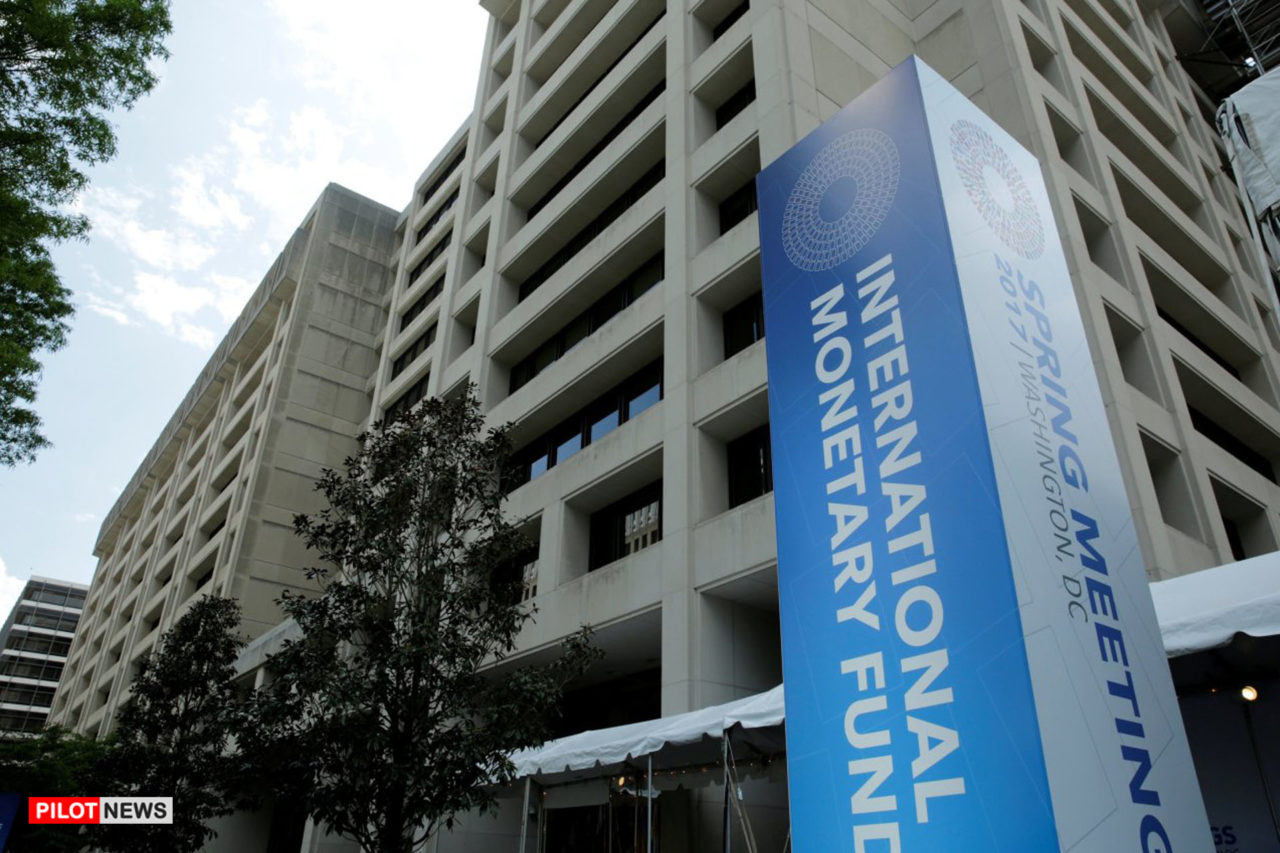The International Monetary Fund, IMF, has revised Nigeria’s 2024 economic growth forecast downward to 2.9 per cent from the earlier projection of 3.1 per cent in July.
The downgrade, contained in the IMF’s latest World Economic Outlook, WEO, report, attributes the adjustment to disruptions in oil production, severe flooding, and persistent inflation.
The report notes that flooding, coupled with ongoing security and maintenance challenges in the oil sector, has significantly affected economic activities.
“Over the last year and a half, there has been some progress. Inflation has stabilised in some countries, even nearing targets. However, many economies in the region still experience high inflation and heavy debt burdens,” said Jean-Marc Natal, division chief in the IMF’s Research Department.
Nigeria’s economy grew by 2.98 per cent and 3.19 per cent in the first two quarters of 2024 despite inflationary pressures and the weakening naira.
The IMF forecasts inflation will stabilise at 25 per cent in 2025, easing to 14 per cent by 2029.
However, rising consumer prices remain a challenge, with inflation peaking at 34.19 per cent in June 2024 before easing to 32.70 per cent in September.
The Nigerian National Petroleum Company Limited’s fuel price hike in September further accelerated inflation.
A breakdown by the National Bureau of Statistics showed inflation rising steadily from 22.41 per cent in May 2023 to 28.92 per cent by December 2023, driven by higher food and energy costs.
Jason Wu, Assistant Director in the IMF’s Monetary and Capital Markets Department, acknowledged Nigeria’s recent economic reforms, stating they are helping to stabilise the country’s economy despite the prevailing challenges.
Severe flooding continues to devastate parts of the country, including Maiduguri, further affecting agricultural production.
The IMF forecasts a slight GDP growth improvement in 2025, with Nigeria’s economic growth projected to increase by 0.2 per cent next year.
However, the current 2.9 per cent forecast for 2024 represents a clear setback from earlier projections.
- Nigeria’s Inflation Falls to 18.02% in September - October 16, 2025
- Osimhen Fires Nigeria into 2026 World Cup African Playoffs - October 14, 2025
- FG Approves New Admission Criteria for Tertiary Institutions - October 14, 2025

